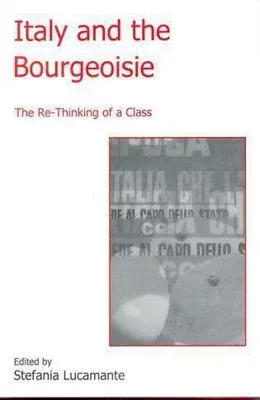Italy and the Bourgeoisie: The Re-Thinking of a ClassHardcover, 1 April 2009

Qty
1
Turbo
Ships in 2 - 3 days
In Stock
Free Delivery
Cash on Delivery
15 Days
Free Returns
Secure Checkout

Part of Series
The Fairleigh Dickinson University Press Italian Studies
Part of Series
Fairleigh Dickinson University Press Series in Italian Studies
Part of Series
Fairleigh Dickinson University Press Series in Italian Studi
Print Length
208 pages
Language
English
Publisher
Fairleigh Dickinson University Press
Date Published
1 Apr 2009
ISBN-10
1611474086
ISBN-13
9781611474084
Description
Product Details
Book Format:
Hardcover
Country of Origin:
US
Date Published:
1 April 2009
Genre:
Italy
ISBN-10:
1611474086
ISBN-13:
9781611474084
Language:
English
Pages:
208
Publisher: